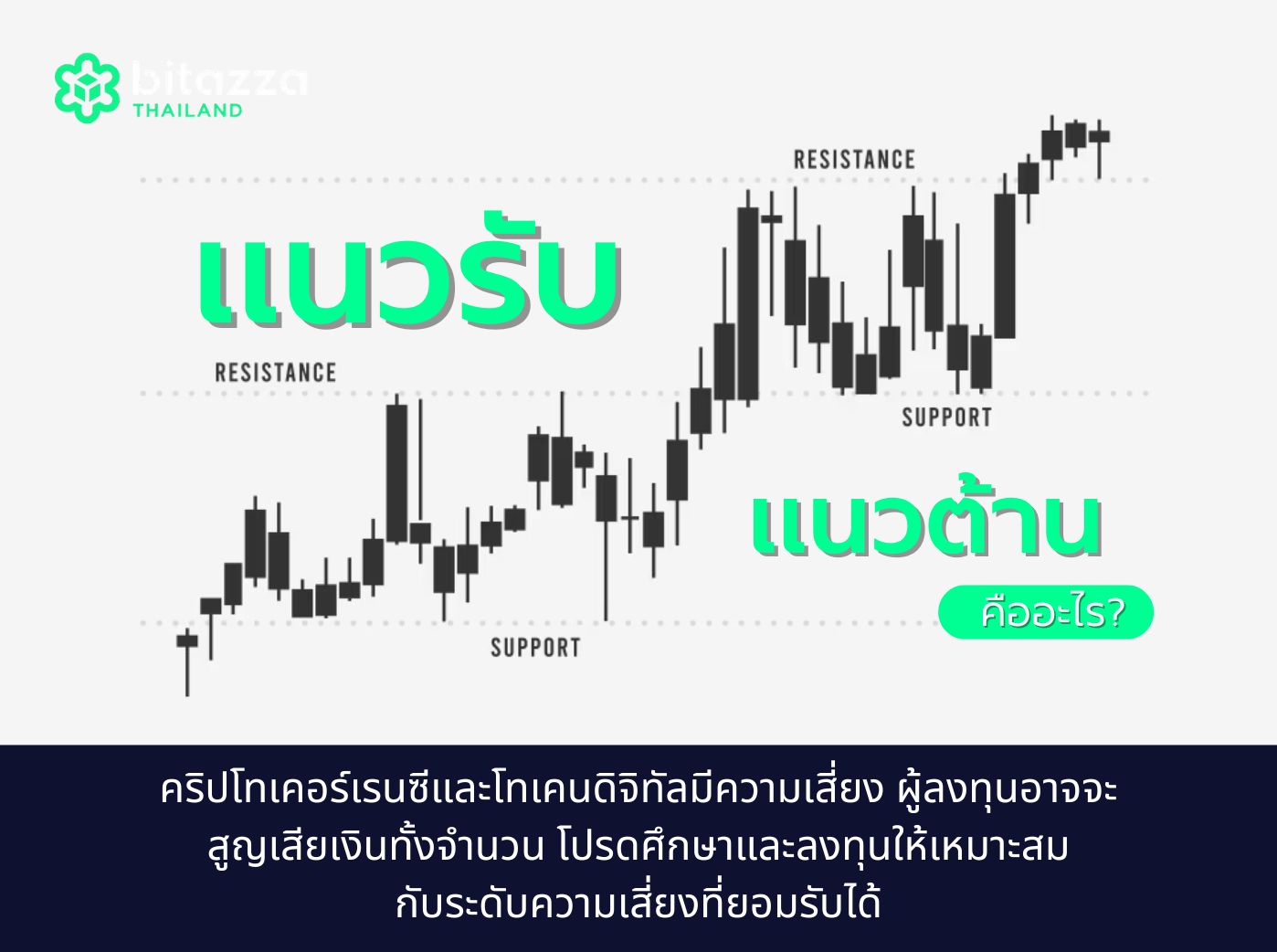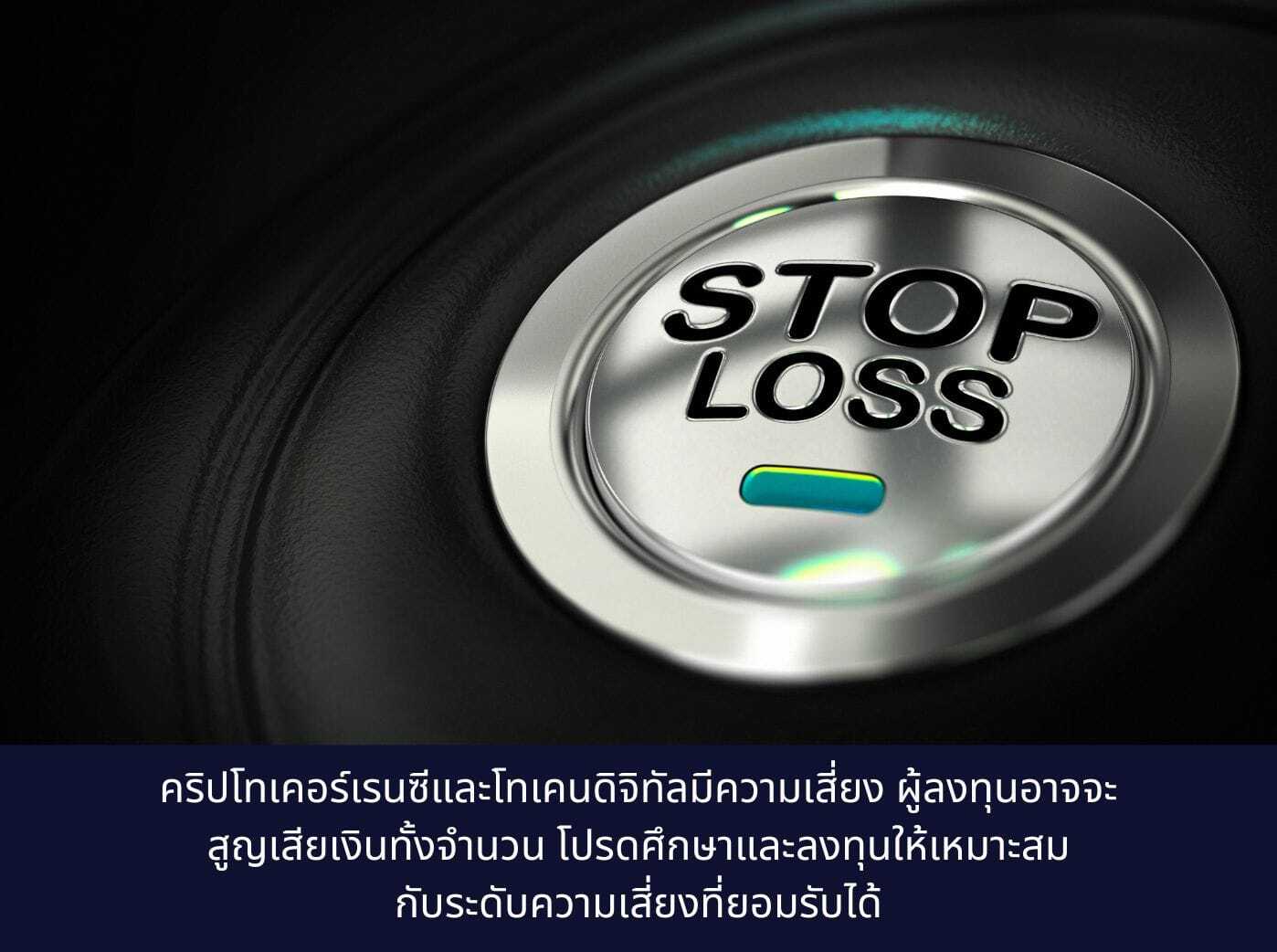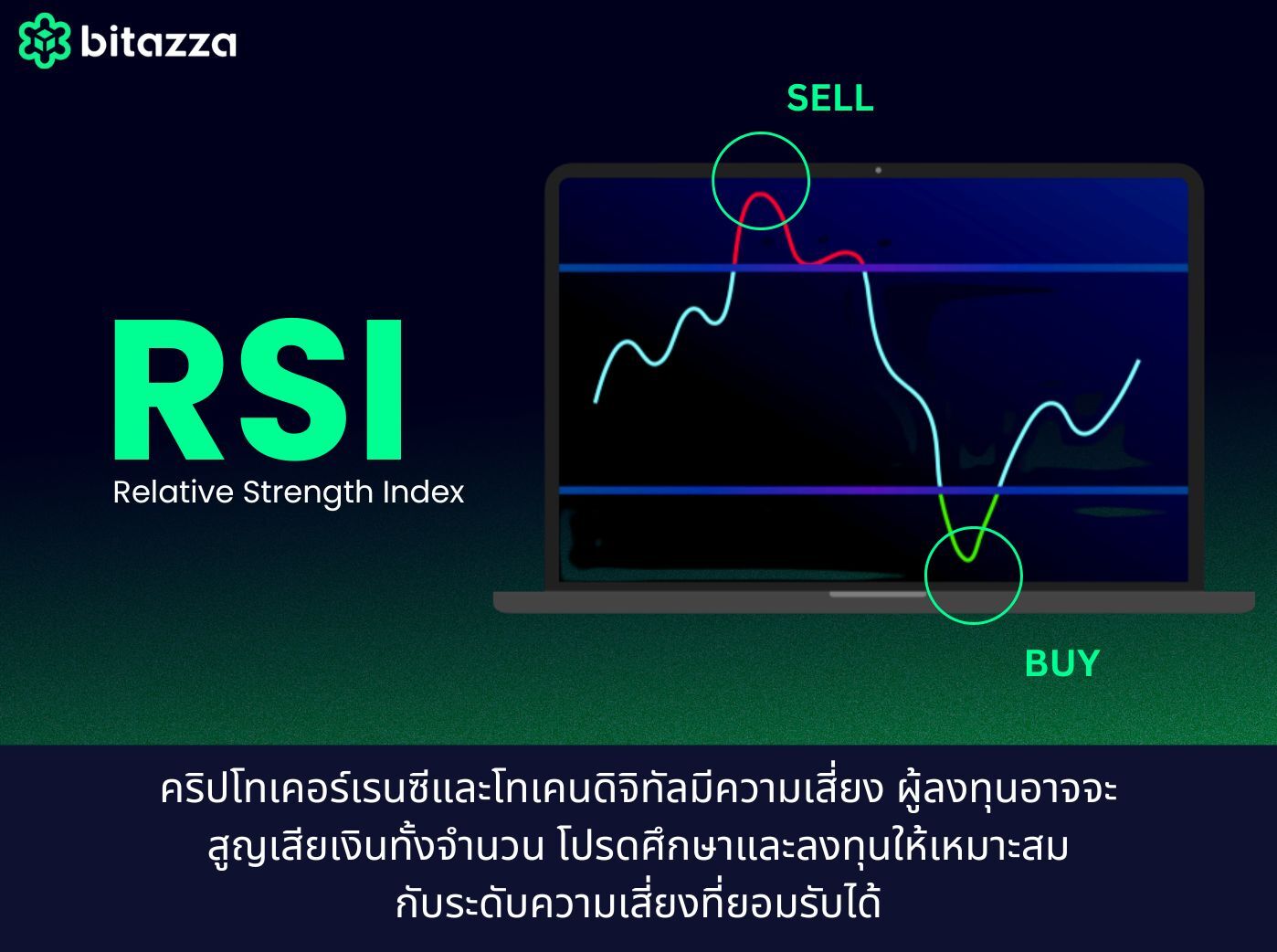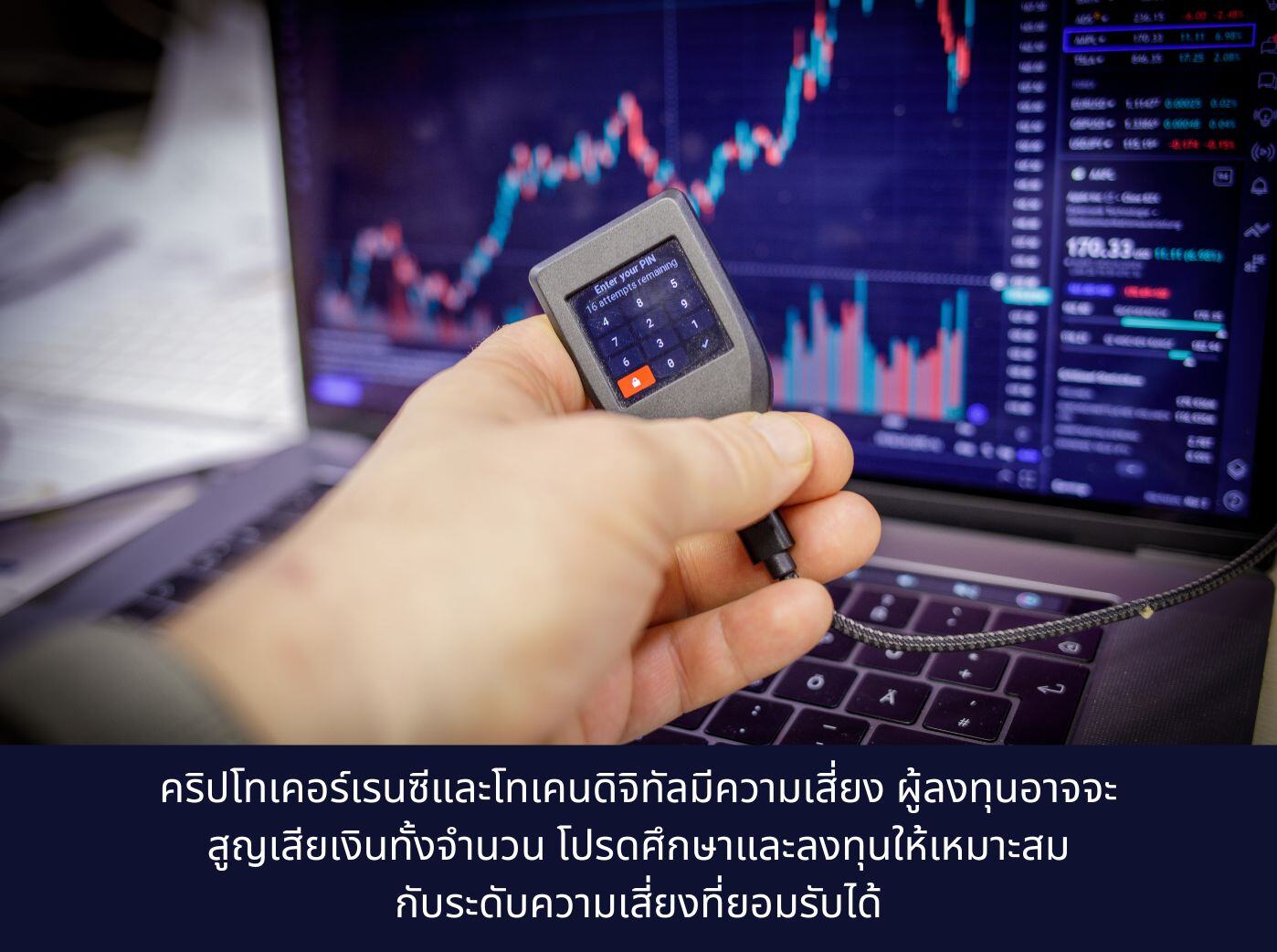Share this
Understanding KYC and Tips to Get Verified Smoothly

Before you can start trading digital assets on Bitazza Thailand — whether through the web platform or the mobile app — all users must first complete the Know Your Customer (KYC) verification process. This involves providing key personal information and submitting required documents to ensure secure trading and full access to platform features.
However, some users may be asked to provide additional information or documents later on, even after initial use. What exactly is this about? Today, we’ll walk you through the different stages of KYC, explain why some users are prompted to submit more documents, and share tips to help you pass KYC smoothly and without delay.
What is KYC Verification?
KYC (Know Your Customer) verification is a mandatory process for all users in order to unlock full access to all features on Bitazza Thailand. There are two main types of KYC:
1. Initial KYC Verification
This is the first step where users submit their personal details and verification documents in order to begin trading and access the platform’s full range of features. KYC on Bitazza is divided into different levels. You can find more details on each level here.
2. Periodic KYC Updates
This refers to the Periodic Customer Account Information Update, where Bitazza may request updated information or documents from users after a certain period. This review process ensures that customer data remains accurate and up to date in accordance with regulatory requirements.
Many users experience common issues that can delay approval or cause their KYC to be rejected on the first try. In this guide, we’ll explore the most frequent problems and offer practical tips on how to complete your KYC accurately — making the process quick and hassle-free.
2 Common Issues Often Found During KYC Verification
1. Address Information
Address details are typically divided into three categories: Permanent Address (as listed on official documents), Current/Home Address and Workplace Address.
- For freelancers, a common issue arises when users list "home" as their workplace, but then provide inconsistent information between the “current address” and “workplace address” fields. To ensure faster approval, make sure the workplace name and workplace address match.
- For entrepreneurs, the system will attempt to verify the business registration via the Corpus X database. If your business is not found in Corpus X, it's recommended that you submit additional documents, such as:
-
- Business registration documents
- Bank statement used for business purposes
2. Source of Fund Information
We recommend that users provide clear and matching information and documents that reflect the actual source of funds. Examples include:
- Salary/Employment Income: e.g. Bank Statement, Pay Slip, Source of Funds Confirmation Letter, etc.
- Self-Employed / Business Owners: e.g. Financial Statements, Business Bank Statements, Business Registration Documents, Revenue Records, Business Tax Documents, Audited Reports, Owner's Withdrawal Records, Business Licenses, Business Asset Sale Records.
- Inheritance: e.g. Bank Statements, Bank Balance Certificate, Income Records, Fixed Deposit Receipts, Savings Plan Statements, Inheritance or Gift Documentation, Interest Income Documents, Property Sale or Investment Liquidation.
- Investments: e.g. Investment Portfolio Statement, Investment Sale Confirmation, Investment Account Statement, Investment Income Certificate, Securities Transaction Contract, Asset Holding Certificate, Tax Documents, Withdrawal Statements.
- Loans: e.g. A copy of the loan agreement showing the details of your loan, including the loan amount and repayment terms.
- Real Estate: e.g. Documents related to sales or income from assets (such as a sales agreement, lease agreement), or documents showing income received from real estate transactions, or assets you have bought and sold.
- Savings: e.g. Bank Statements, Bank Balance Certificate, Income Records, Fixed Deposit Receipts, Savings Plan Statements, Inheritance or Gift Documentation, Interest Income Documents, Property Sale or Investment Liquidation.
- Other Sources: e.g. bank statements, pay slips, asset certification letters, and investment account reports showing holdings of stocks, bonds, or digital assets, that align with your source of investment funds.
Additional Tips for a Smooth KYC Verification
- Take photos of your documents in a well-lit area and keep the camera steady to avoid blurry, dark, or overly reflective images, which may prevent the system from reading them properly.
- Use valid, unexpired documents as specified by the system.
- Carefully review all information and document details before submission to avoid errors or mismatches.
- When taking a selfie, make sure your full face is clearly visible, without any obstructions, and in a well-lit environment.
KYC Made Easy with ThaiD
You can make the KYC process even simpler by verifying your identity through the ThaiD application. For more details and a step-by-step guide on how to use ThaiD, click here.
With this easy method, your KYC verification will be a breeze — unlocking full access to all the features waiting for you on Bitazza Thailand.
*Cryptocurrencies and digital tokens involve high risks; investors may lose all investment money and should study information carefully and make investments according to their own risk profile. Past performance does not guarantee future performance.
Explore more on Bitazza Thailand blog
Share this
- February 2026 (6)
- January 2026 (8)
- December 2025 (15)
- November 2025 (5)
- October 2025 (13)
- September 2025 (9)
- August 2025 (12)
- July 2025 (19)
- June 2025 (11)
- May 2025 (11)
- April 2025 (15)
- March 2025 (11)
- February 2025 (15)
- January 2025 (9)
- December 2024 (10)
- November 2024 (8)
- October 2024 (9)
- September 2024 (7)
- August 2024 (16)
- July 2024 (3)
- June 2024 (46)
Subscribe by email

SSF คืออะไร อัปเดตเงื่อนไขล่าสุด พร้อมกลยุทธ์ลงทุนลดหย่อนภาษีให้คุ้มค่า

แนวรับ แนวต้าน คืออะไร? เทคนิคดูกราฟราคาสำหรับนักเทรดมือใหม่

Fibonacci คืออะไร เครื่องมือวิเคราะห์กราฟที่นักลงทุนคริปโตนิยมใช้

Stop Loss คืออะไร? กลยุทธ์ตัดขาดทุนที่สำคัญที่สุดในการรักษาพอร์ตให้รอด

RSI คืออะไร? เทคนิคอ่านกราฟหาจุดกลับตัวและสัญญาณซื้อขายฉบับเข้าใจง่าย

Slippage คืออะไร? รู้ไว้เทรดคริปโตไม่มีขาดทุน

Altcoin คืออะไร รวมทุกเรื่องที่นักลงทุนคริปโตควรรู้เกี่ยวกับเหรียญทางเลือก

Goldman Sachs ลด BTC และลงทุนเพิ่มใน XRP และ SOL

บิทคอยน์ เล่นยังไง? คู่มือสำหรับมือใหม่ ตั้งแต่เปิดบัญชีจนถึงทำกำไร

